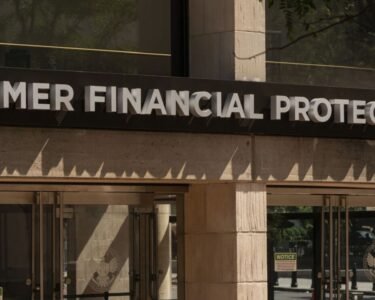A debt consolidation loan for bad credit may not be the best choice for everyone. If your credit prevents you from qualifying for a lower interest rate than you’re paying now, you may want to consider the following alternatives to debt consolidation.
1. Improve Your Credit First
Good credit comes with many perks, including the ability to qualify for better financing. If you’re not in a position to lock in an attractive interest rate on a debt consolidation loan right now, working to improve your credit might give you more options in the future.
When creating your credit improvement plan, remember: You may want to adjust your approach depending on whether you’re building credit from scratch or working to rebuild damaged credit. Either process can take time, but the payoff from earning better credit can make your hard work worthwhile in the long run.
2. Use a Debt Payoff Strategy
If you have some wiggle room in your monthly budget, a debt payoff strategy might work well for you. Do-it-yourself strategies like the debt snowball or debt avalanche method cause you to restructure the way you pay down your debt each month. In the end, each approach has the potential to save you time and money in the debt elimination process.
3. Get Professional Help
Credit card debt and other high-interest debt can sometimes get out of hand. If you’re struggling to keep up with even the minimum payments on your monthly credit obligations, it might be time to talk to a financial professional about your situation.
A nonprofit credit counseling company may have solutions that could help you, including a debt management plan. In extreme cases, you may even want to seek advice from a bankruptcy attorney regarding plans that can provide you with protection from your creditors.




